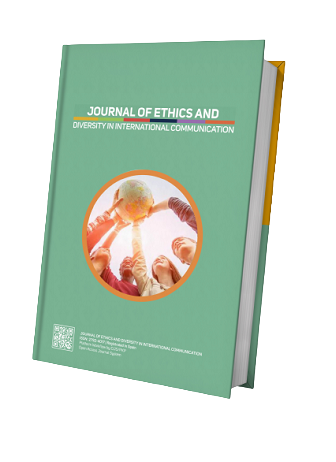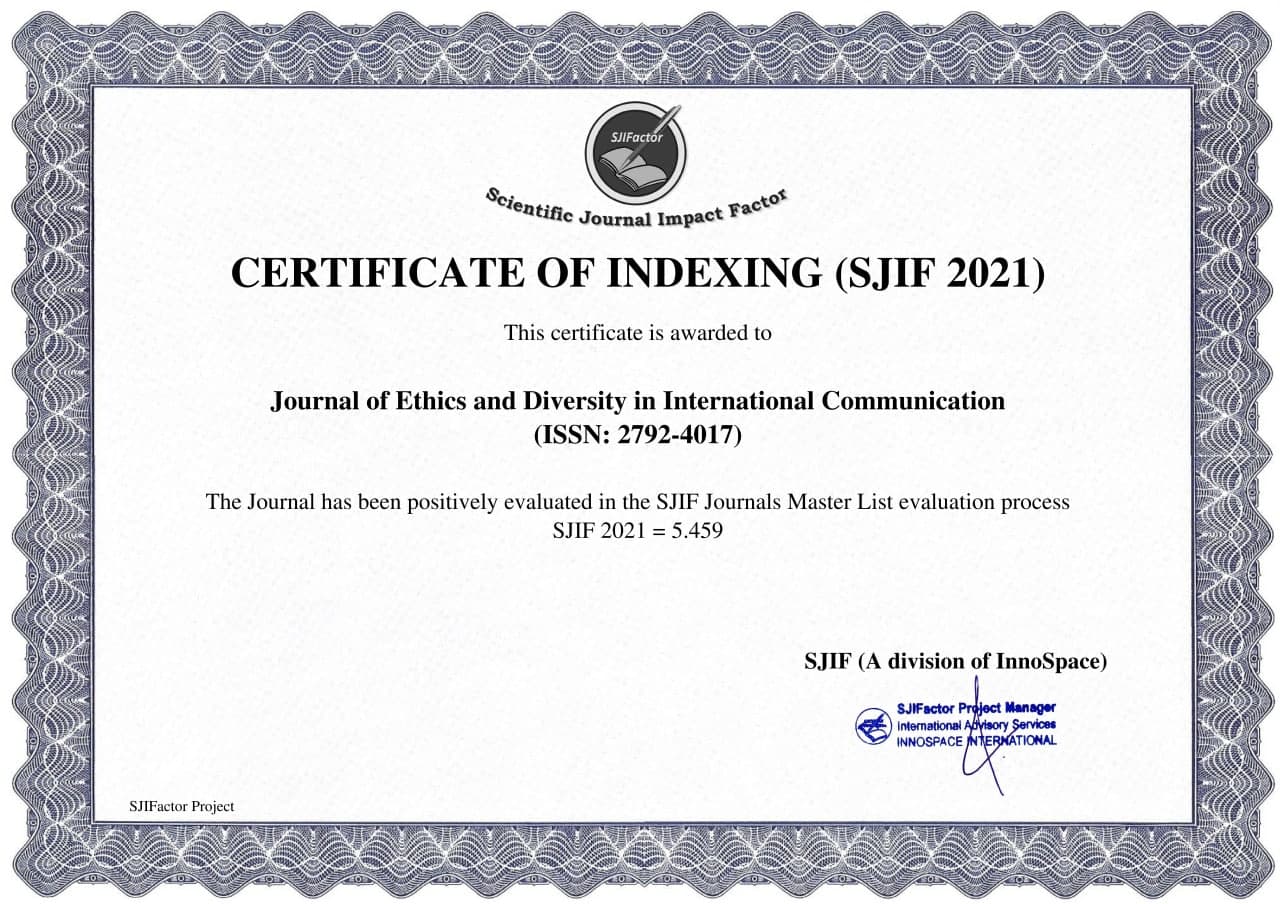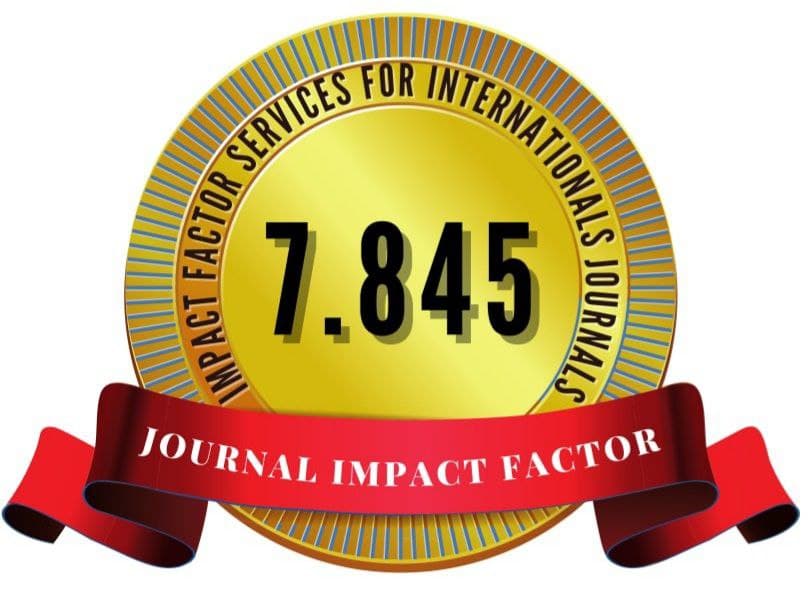The Use of Interactive Technologies for the Formation of Competencies of Teamwork in Teaching a Foreign Language in Higher Education
Keywords:
interactive learning technologies, teamwork competenceAbstract
The article discusses the conditions and ways of forming the competence of teamwork in the context of teaching a foreign language at a university. The features of the competence approach as a methodological basis of modern higher education are analyzed. Attention is paid to the formation of the most in-demand supra-professional competencies, which the author refers to as teamwork skills. The special importance of having a high level is noted the formation of these competencies for the further professional success of a graduate of a higher school. The main contradictions preventing their effective formation are identified. The results of a survey of students of the Faculty of Computer Science and Information Technology of SSU are presented, which allow to determine the initial level of formation of the competence of teamwork. Based on the results obtained, it is concluded that it is necessary to create pedagogical conditions for the further formation of this flexible skill. Special attention is paid to the following issues the use of an interactive learning model, namely Brainstorming and group puzzle technologies, as an effective didactic technique aimed at the formation and development of teamwork skills in the context of teaching a foreign language at a university. Practical recommendations on the organization of educational work using these technologies are given.








